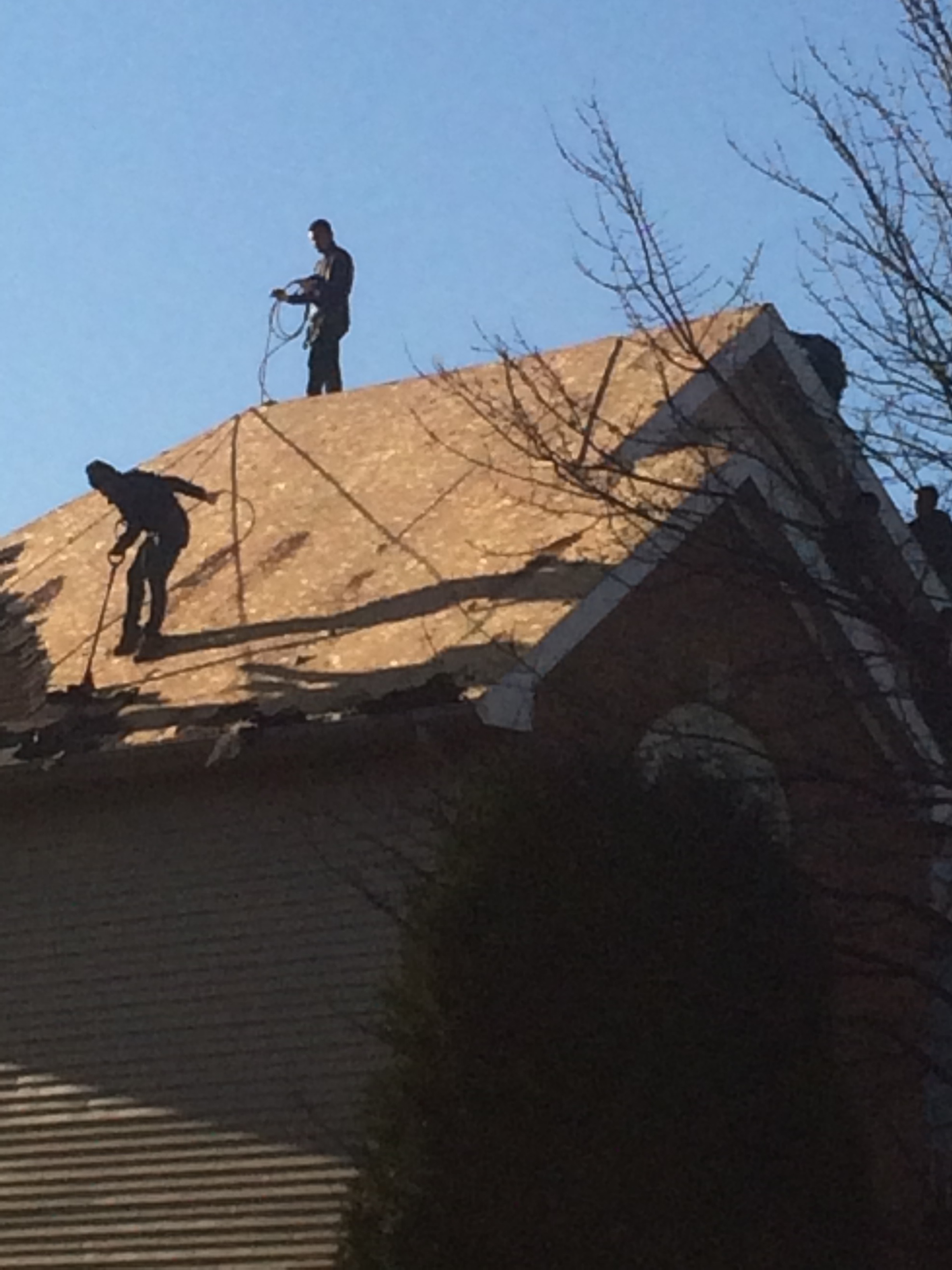
Who pays workers comp benefits when I work under the direction of another company ?

When an employee of a subcontractor does work for another contractor, the Virginia Workers Compensation Commission may view the arrangement as that of a “borrowed servant” or “loaned employee” and make the supervising company pay comp benefits. In a recently reported case, the injured worker’s $1,400,000 Award was affirmed by the Full Commission on appeal.
The injured worker, Mr. Palma, was working for a small construction company (Escobar Roofing), and he understood that he and two others from his company would be be traveling to assist the general contractor (Stone Hill Construction) to build a barn. Palma was assigned by the General Contractor’s foreman to set trusses. Palma had never done this before, and while moving along the roof of the barn, he lost his balance and fell to the ground. Mr. Palma sustained injuries to his head, arms, spine, leg and traumatic brain injury. He was hospitalized at the University of Virginia Hospital, which had medical bills of approximately $1 million dollars. This worker, originally from Guatemala, was eventually cared for at a rehabilitation center in Florida.
So what are the key facts that the Workers Compensation judges look for in deciding whether the injured laborer’s employer has to pay or the insurance company for the General Contractor is responsible ? The Full Commission’s decision noted:
We find in the present case that although Escobar Roofing was the claimant’s original employer and paid the claimant, Stone Hill Construction controlled not only the result to be attained as the result of the claimant’s work but also controlled the means and methods by which that result was to be accomplished. We find it significant that the claimant was not performing the normal roofing duties he performed for Escobar Roofing at the time of his injury but rather was performing carpentry work while installing trusses, an activity he had never performed for Escobar Roofing. We also find it significant that the foreman for Stone Hill Construction made the determination that the claimant would be installing trusses. We therefore find the claimant was performing the work of the borrowing employer and not the work of his original employer. We also find that Stone Hill was responsible for furnishing the work tools and the working conditions. We find it significant that Manuel Escobar was not present at the work site and provided no direction with regard to how the work was to be performed, and provided no safety instructions or safety equipment. Therefore, we find Stone Hill Construction controlled the means and methods by which the claimant performed his work as a loaned employee.
The Deputy Commissioner’s decision awarding over one million dollars in past medical benefits, future medical care and weekly wage loss benefits of $373.34, retroactive to 2014, was affirmed. If you or someone you know or care for has been injured as the result of an accident on the job or while working off site or under the direction of another company’s foreman, and there are questions about what laws apply, e-mail or call us at ABRAMS LANDAU, Ltd. (703-796-9555) at once.
